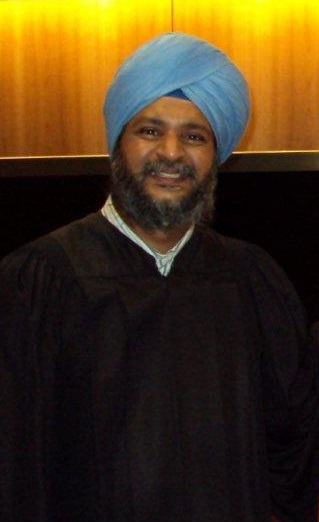
 |
 |
|
S i n g h L a w O f f i c e Located in Sacramento/Roseville, CA |
Home
What is Estate Planning? Probate? A Living Trust? YOU WORKED HARD all your life for your money, and you are working hard at taking care of it. All real property, possessions, insurance policies, stocks, bonds, and other assets are part of what is called an "estate." Without planning before you become ill or die, your estate could be eroded by estate taxes and "probate" -- the legal process through which the court ensures that upon someone's death, property is distributed after debts are paid off. If you make a will or estate plan, the people you named to receive your property get it. For someone who dies "intestate" -- without a will, California law determines who of the deceased person's relatives get how much of the estate. This is often not what the deceased would have wanted. Estate planning goals are to minimize estate taxes and expenses; to provide ways to pay for anticipated expenses without selling your assets shortly after your death; and to make sure that your heirs get what you wanted to give them in an orderly fashion according to your wishes. Estates of over $100,000 must be probated to pass on property to heirs unless the real property is in a revocable living trust described below. Probate can take over a year and generally costs about 5% of an estate's value. During probate, the deceased person's family also loses control of the estate and privacy. A court file has to be created, an executor is appointed, and the executor hires a lawyer for assistance. A Revocable Living Trust is a legal "person" which you can create to hold your property. You control and own this trust as the trustee until your death. Your assets are distributed as you directed in your trust documents by the person you named to be successor trustee without any court orders or probate proceedings. Your living trust is a private document, not filed in court. Since a will is filed in the probate court after death to distribute property according to the wishes of the will maker, it is a public document. On the other hand, your living trust will be a private document that only your family and people receiving anything in your estate plan will know about. In fact you can create a foundation or charity or another entity to carry out your wishes long after you pass away. Often someone wants to make sure that their descendants are able to have money for college education, living expenses, automobiles, insurance premiums etc. as they need it. Your living trust's trustee has the responsibility to manage your estate and make distributions according to your wishes. A power of attorney is a form that is only in effect while someone is alive. There is a type of power of attorney, for healthcare decisions, that everyone should have prepared just in case it is ever needed. It indicates the names of several people who you want to carry out your wishes and speak for you to the doctors should you ever need to go into a nursing home or hospital or can no longer make your own treatment decisions. Your family could be left with nothing but bills if you were to became seriously ill unless you have appointed someone in a healthcare power of attorney. To discuss your estate planning options with attorney Kulvinder Singh in person, please call (916) 939-5151. The $100 consultation fee is applied to the legal services if he is hired. This informational flyer is not to be construed as legal advice for all situations. See a lawyer. |